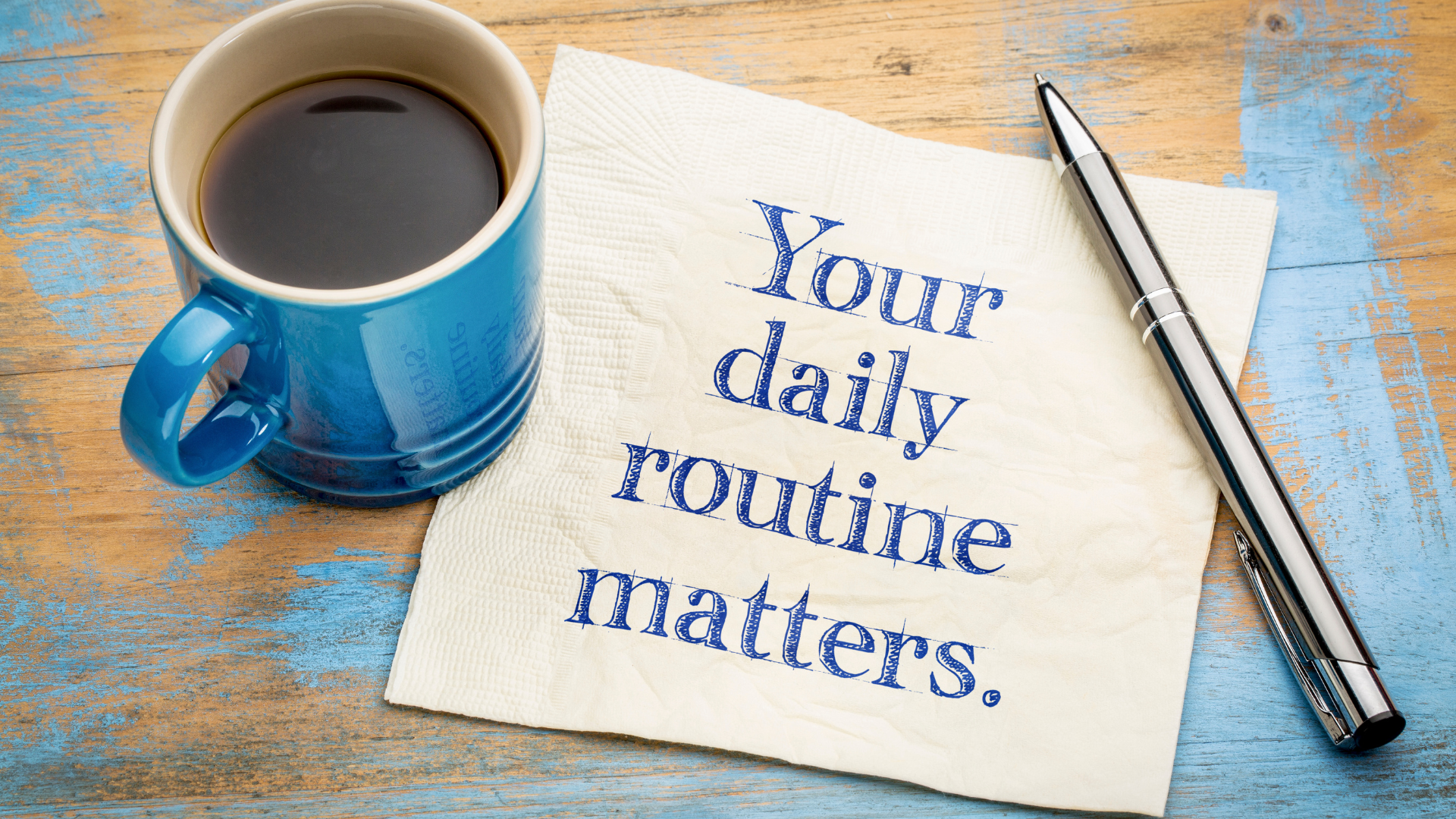The Future of Healthcare: How AI is Revolutionizing Patient Care
The Future of Healthcare: How AI is Revolutionizing Patient Care

As technology continues to advance at a breakneck pace, the healthcare industry is experiencing a transformation like never before. One of the most intriguing developments in this field is the integration of artificial intelligence (AI) into patient care. From diagnosing diseases to personalized treatment plans, AI is revolutionizing how we approach healthcare, promising a future where care is more efficient, accurate, and accessible.
In this blog post, we’ll explore how AI is changing the landscape of healthcare and what this means for both current and future healthcare professionals.
AI in Diagnostics: A New Era of Accuracy
One of the most significant ways AI is impacting healthcare is through enhanced diagnostic capabilities. Traditional diagnostic methods often rely heavily on human expertise, which, while invaluable, can be subject to limitations like fatigue or human error. AI, on the other hand, can analyze vast amounts of medical data quickly and with precision.
For instance, AI algorithms are now capable of analyzing medical images—such as X-rays, MRIs, and CT scans—with remarkable accuracy. These algorithms can detect patterns and anomalies that may be missed by the human eye, leading to earlier and more accurate diagnoses. In diseases like cancer, where early detection is crucial, AI’s ability to identify subtle signs of disease could be a game-changer.
Personalized Medicine: Tailoring Treatment to the Individual
AI is also at the forefront of personalized medicine, an approach that tailors medical treatment to the individual characteristics of each patient. This is a significant shift from the traditional “one-size-fits-all” approach to treatment.
By analyzing a patient’s genetic information, lifestyle, and other factors, AI can help healthcare providers develop highly personalized treatment plans. For example, in cancer treatment, AI can assist in identifying which therapies are likely to be most effective based on the genetic makeup of the patient’s tumor. This not only improves the chances of successful treatment but also reduces the risk of adverse side effects.
AI-Powered Virtual Health Assistants
Virtual health assistants, powered by AI, are becoming increasingly popular in managing chronic conditions and providing basic healthcare services. These assistants can monitor patient health in real-time, offer reminders for medication, and even answer basic medical questions.
For patients with chronic conditions such as diabetes or hypertension, AI-driven tools can provide continuous monitoring and real-time feedback, helping them manage their conditions more effectively. This can lead to better health outcomes and reduce the need for frequent doctor visits, making healthcare more accessible and less burdensome for patients.
The Role of AI in Predictive Analytics
Predictive analytics is another area where AI is making waves. By analyzing historical data, AI can predict potential health issues before they become critical. For example, AI can identify patients at high risk for conditions like heart disease or stroke based on their medical history and lifestyle factors. This allows healthcare providers to intervene early, potentially preventing serious health events and saving lives.
What Does This Mean for Future Healthcare Professionals?
The rise of AI in healthcare presents both opportunities and challenges for future healthcare professionals. On the one hand, AI can significantly enhance the capabilities of healthcare providers, allowing them to deliver more accurate, efficient, and personalized care. On the other hand, it requires professionals to adapt to new technologies and continuously update their skills.
For students considering a career in healthcare, understanding AI and its applications in medicine will be increasingly important. Those who embrace this technology and learn to work alongside AI will be well-positioned to thrive in the future healthcare landscape.
The integration of AI into healthcare is more than just a trend—it’s a revolution that is reshaping how we diagnose, treat, and care for patients. As AI continues to evolve, its potential to improve healthcare outcomes, reduce costs, and make care more accessible will only grow. For healthcare professionals and students alike, staying informed about these advancements and understanding how to leverage them will be key to success in this rapidly changing field.
Are you ready to be a part of this exciting future? Explore our healthcare programs today and start your journey towards becoming a leader in the AI-driven world of healthcare!





